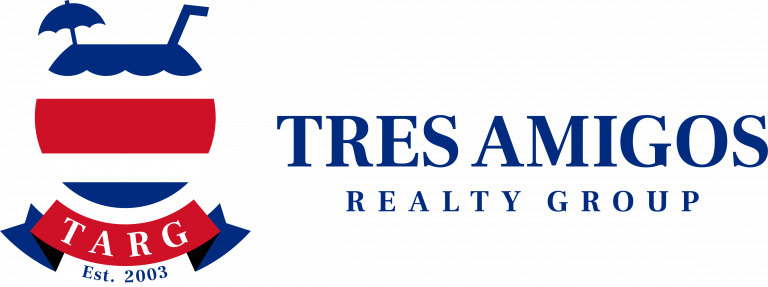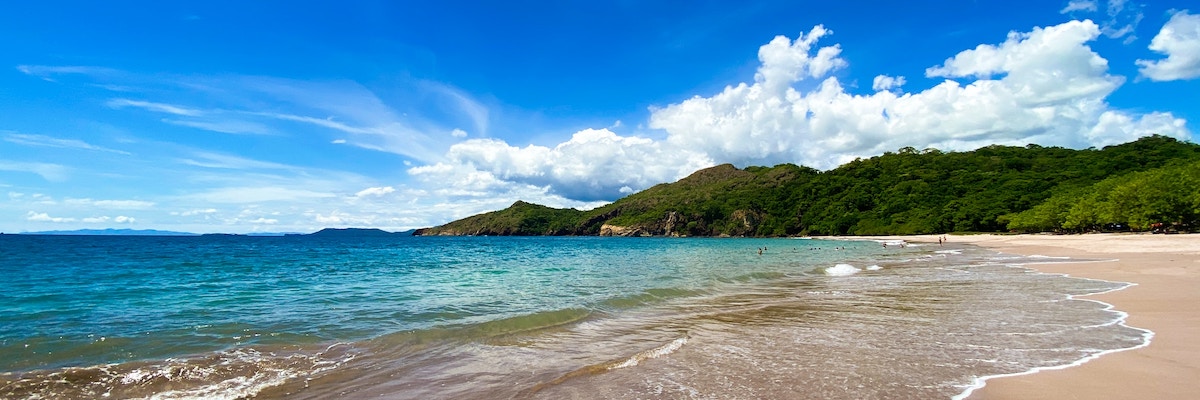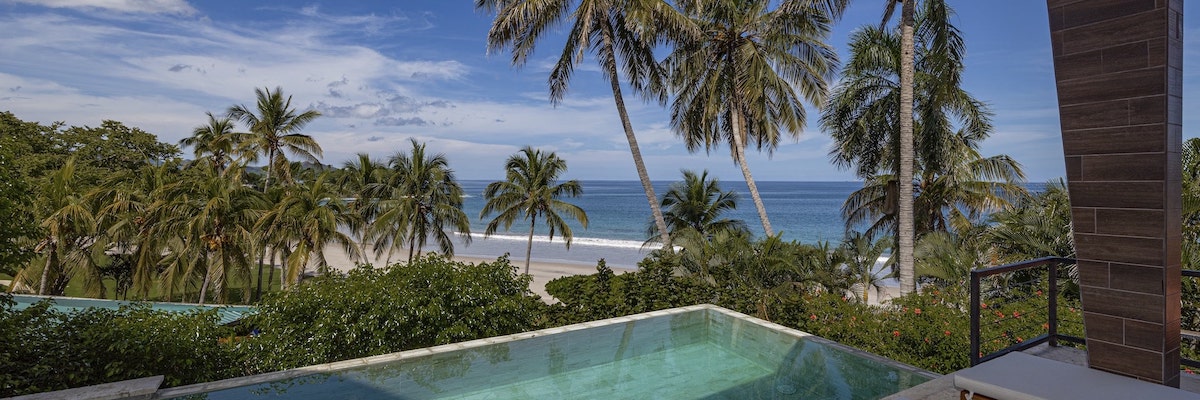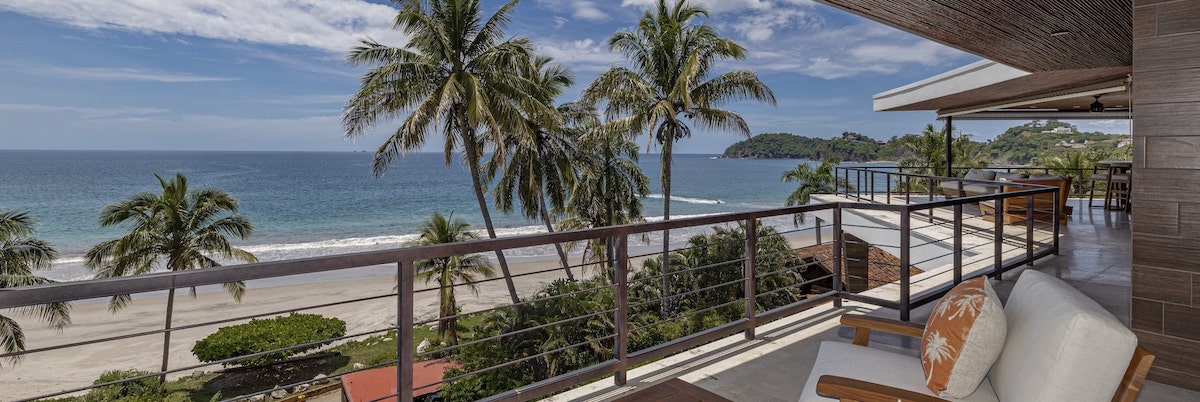Requirements for Costa Rica Residency
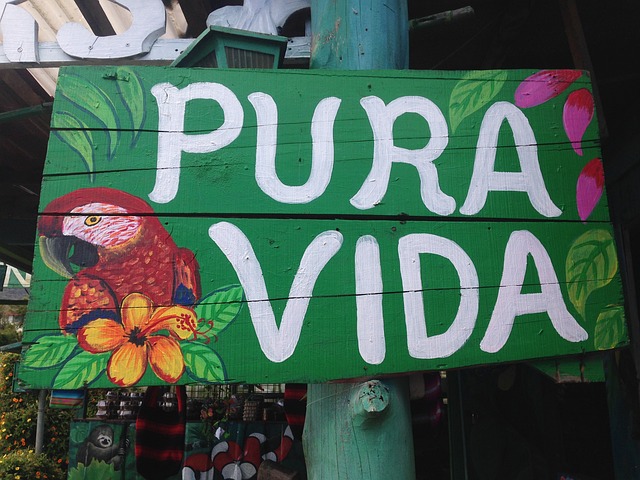 Getting residency in Costa Rica requires several steps and specific conditions. It's important to keep an eye on immigration laws, as they may change. Check official government sources or consult with legal experts for the latest information. Here's a simplified overview of the residency process in Costa Rica:
Getting residency in Costa Rica requires several steps and specific conditions. It's important to keep an eye on immigration laws, as they may change. Check official government sources or consult with legal experts for the latest information. Here's a simplified overview of the residency process in Costa Rica:
-
Types of Residency
-
Retiree Residency (Pensionado):
For those with a stable pension or retirement income, often with financial requirements.
-
Rentista Residency:
If you have a steady income from sources like investments or rental property.
-
Investor Residency (Inversionista):
Reserved for those making significant investments (minimum $150,000USD) in Costa Rican projects like real estate or businesses.
-
Family Residency (Vínculo):
Available for family members of Costa Rican citizens or residents.
Requirements for Residency
-
Proof of Income:
Depending on your residency type, show evidence of a stable income, like pension or bank statements.
-
Background Check:
Provide a police background check from your home country.
-
Health Insurance:
Some residencies may require proof of health coverage.
-
Birth and Marriage Certificates:
For family or spousal residency, you may need official relationship documents.
-
Application Forms:
Complete the required forms from the Costa Rican Directorate of Immigration.
-
-
Application Process
-
Submit Application:
After gathering all necessary documents, submit your application to the Costa Rican Consulate or the Directorate of Immigration in Costa Rica.
-
Payment of Fees:
Pay the required fees and keep the receipts.
-
Interview:
Depending on your residency type, attend an interview at the Directorate of Immigration.
-
-
Temporary Residency and Permanent Residency
-
Temporary Residency:
Initially, you may get temporary residency for up to two years.
-
Permanent Residency:
After the temporary period, you can apply for permanent residency, which usually has fewer financial requirements.
-
-
Legal Assistance
-
Consider Hiring a Lawyer:
While you can navigate the process independently, many expats find it useful to hire a local lawyer or immigration consultant to ensure all requirements are met.
-
-
Additional Considerations
-
Language Requirement:
Some residencies may require Spanish language proficiency.
-
Renewal:
Residency permits need periodic renewal. Be aware of renewal procedures and timelines.
-
Obtaining residency in Costa Rica involves careful planning, meeting specific requirements, and following the application process. Stay informed about immigration law changes and seek professional advice if necessary. For the latest information, consult the Costa Rican Directorate of Immigration or immigration experts.
